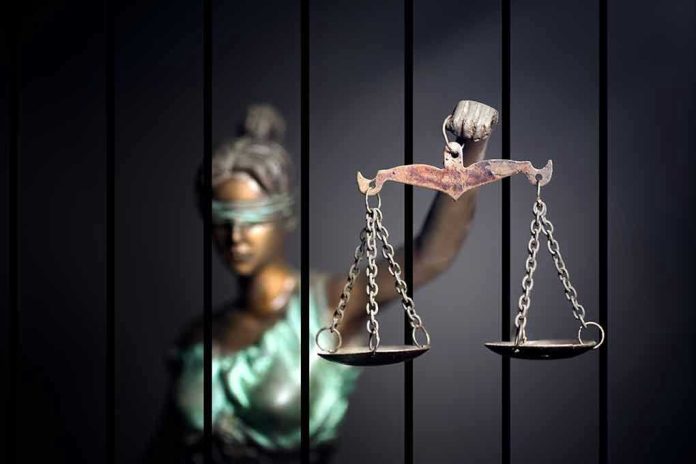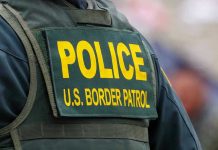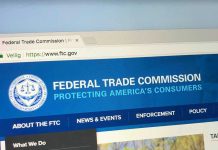
Jonathan Turley blasts Jack Smith for overstepping legal boundaries in the Trump election probe, raising concerns over prosecutorial ethics.
Story Overview
- Jonathan Turley criticizes Jack Smith’s approach in the Trump investigation.
- Smith’s methods are viewed as prosecutorial overreach by many.
- Turley’s critique gains traction amidst ongoing legal debates.
- Supreme Court rulings influence the probe’s legal framework.
Turley’s Critique of Smith’s Investigation Tactics
Legal scholar Jonathan Turley recently voiced strong criticism against Jack Smith, the former Special Counsel, for his extensive investigation into Donald Trump’s alleged attempts to overturn the 2020 election results. Turley’s main concern lies in Smith’s aggressive legal strategies, which he argues disregard constitutional and statutory limits on prosecutorial authority. This critique has sparked widespread discussion on prosecutorial ethics, particularly in light of recent Supreme Court decisions that further constrain the use of certain statutes in January 6-related prosecutions.
Smith, appointed in November 2022, led the investigation which resulted in Trump facing four federal charges by August 2023. Despite the charges, Turley and others argue that the scope of Smith’s investigation exemplifies a lack of restraint and an overextension of legal authority. Turley’s concerns are underscored by the Supreme Court’s ruling in Fischer v. United States, which limited the application of obstruction statutes—a cornerstone of Smith’s legal strategy against Trump.
Impact of Supreme Court Rulings on the Investigation
The Supreme Court’s decisions have significantly impacted the legal landscape surrounding the investigation. These rulings, particularly the Fischer case, have questioned the validity of some charges against Trump, suggesting potential dismissals or resentencing. This legal uncertainty has intensified the debate over the legitimacy of Smith’s prosecutorial strategies. Turley’s analysis, rooted in constitutional law and prosecutorial ethics, points to a broader concern about maintaining the balance between accountability and overreach in politically sensitive cases.
As the Trump administration retaliates against law firms involved in Smith’s investigation, executing orders that could affect their federal contracts, the implications are vast. Legal professionals now face heightened scrutiny, potentially deterring representation in politically charged cases. This environment not only affects the parties directly involved but also erodes public trust in the justice system and the integrity of electoral processes.
Ongoing Debates and Future Implications
With Turley’s critique gaining media attention, the public debate over prosecutorial discretion and ethics continues to evolve. The implications of Smith’s investigation reach beyond the immediate legal ramifications for Trump and his associates. They set a precedent for how future election-related investigations might be conducted and regulated. This case is likely to influence discussions on necessary reforms to special counsel regulations, aiming to prevent similar instances of perceived overreach in the future.
The broader legal community, including scholars and practitioners, remains divided. While some defend Smith’s actions as essential for upholding the rule of law, others echo Turley’s concerns about the dangers of stretching legal boundaries. As these discussions continue, the role of the judiciary and the DOJ in maintaining a fair and balanced justice system remains at the forefront of public discourse.
Sources:
MTSU First Amendment Encyclopedia summary of Smith’s report and aftermath
DOJ Report of Special Counsel Smith Volume 1














